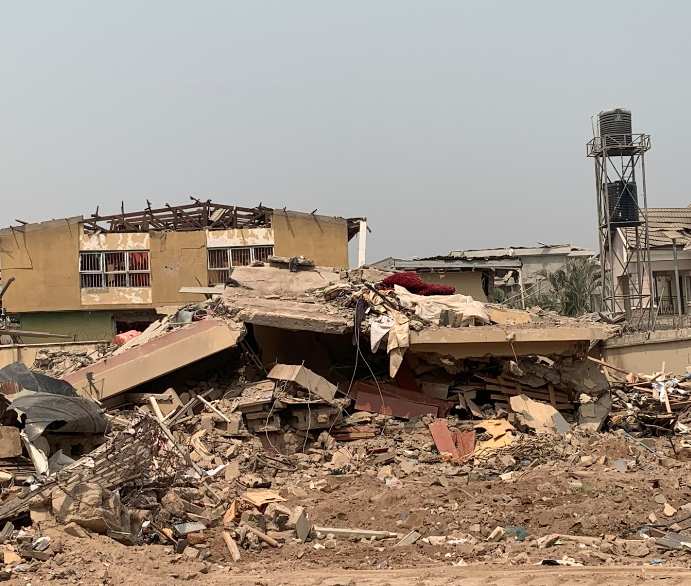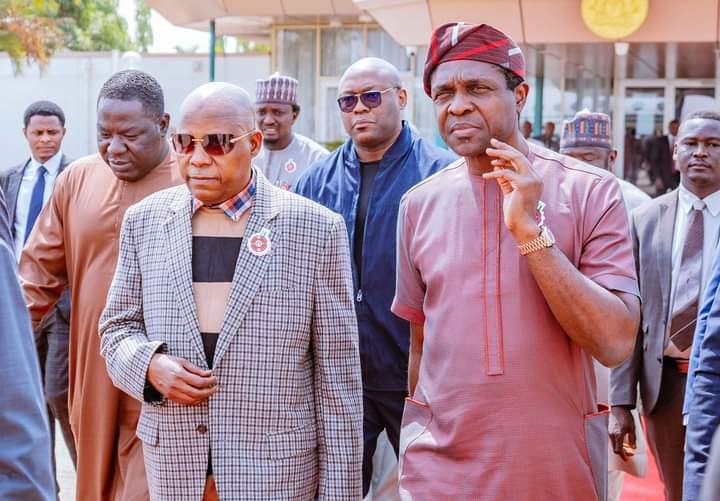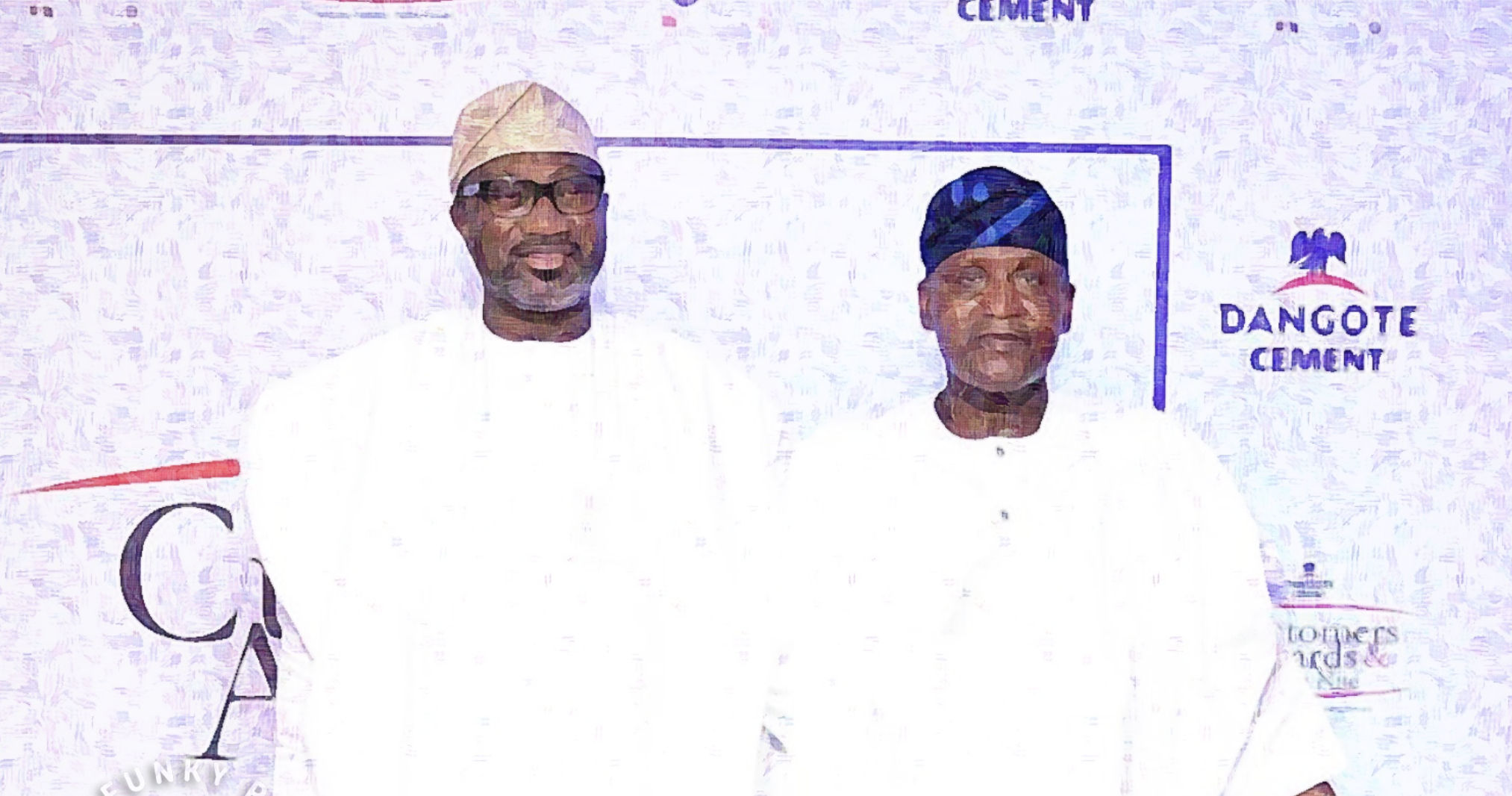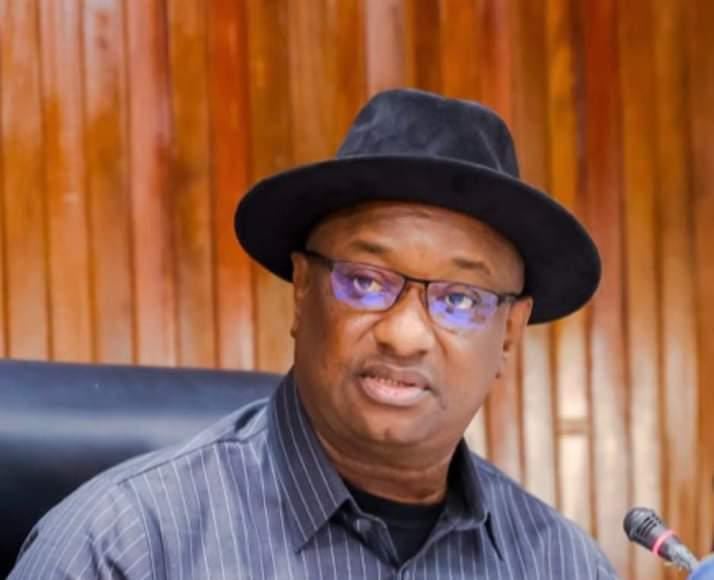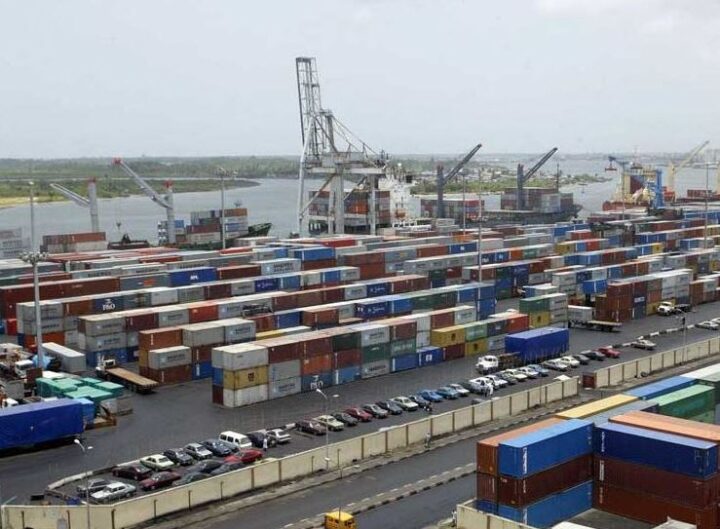If you are reading this, I am assuming you already know about the Ibadan Explosion of 16th January. If you don’t, please head here.
After reading Governor Seyi Makinde’s assessment of the situation as caused by explosives stored by illegal miners, I started thinking about my Geoscience students. I wondered if they were seeing what I was seeing about the incident.
In my three years of lecturing in the Geology Department of a Nigerian university, one thing I repeatedly saw is that many Geoscience students struggle to find relevance for the discipline today. This was especially true for students who are neither interested in the petroleum industry nor the geophysics/engineering side of the discipline (e.g. borehole drilling).
Geoscience is relevant to many global issues than is usually discussed in Nigerian classrooms today. From climate change to environmental hazard management to geoanalytics, to geopolitics and more. Although, I won’t place the blame for the narrow focus of Geology in Nigerian education today at the feet of any specific person or group. Focusing on fields like the petroleum industry made sense in the last few decades. Having Geoscientists who were mostly focused on a few career paths, such as getting into the petroleum industry, made sense a few decades ago. But the times have changed, so we need to adapt quickly also. There are many emerging fields that the Geoscience discipline is relevant to. In fact, Geoscience is more of a major chess player influencing some of the outcomes we see in the world, than many people realize.
Advertisement
For instance, I once taught a course while lecturing at the university, where I got my students on a project to understand the contribution of Geology to global politics, especially through mineral resources. They were saddled with researching the countries with the highest presence, production and distribution of critical minerals, especially those crucial for the 4th industrial tech/AI revolution (e.g. Lithium used in batteries). After this, they had to find the trade links between these countries. At the end of the project, my students began to see geopolitics in action, i.e. the contribution of mineral resources to global trends like the rise of China, the economic conflict between US and China, the instabilities in Afghanistan etc. It was such a wonderful experience for them, and for me also.
Geoscience education in Nigeria must expand its horizon. We need to look beyond the narrow hyperfocus on a few industries that has been happening for the last 6 decades. For Geoscience students who wonder if Geology can lead them towards career path within emerging 21st century industries like technology, global development, etc., the answer is YES.
The sad tale of the Ibadan explosion gives you an example of how this is possible. The explosion stands at the intersection of geoscience, environment, health & safety and public policy. There are policies guiding how mining explosives are to be handled, stored and used. A quick example is the Explosive Act 2024 which regulates the use and control of explosives in Nigeria. At the heart of the cause of the explosion is a disregard for such policies, and that is aside from the alleged illegality of the mining. In the absence of appropriate public policy, the good of Geoscience can become evil, and lead to public safety problems. This is why the intersection between Geoscience and other fields is becoming increasingly important. Another example of such intersection at play was the Zamfara lead poisoning outbreak, linked to illegal mining, that led to over 163 deaths between January and June 2010. Stories like this show that we need more geoscientists whose work will be focused on how geoscience intersects with other disciplines necessary for public safety, socioeconomic development and more.
Advertisement
The 21st century world is interdisciplinary. It is time for higher education students to be encouraged towards finding intersections between their discipline and other disciplines. The Ibadan explosion presents a wonderful example of this. It also shows that 21st-century Geoscience students can explore new career paths along intersections of Geoscience and discipline focused on many developmental and socioeconomic issues in the world. From the intersection between Geology and public policy to the intersection between Geology and Data analytics, there are many options. I hope we create more room within Geoscience education to explore more of these emerging intersections.
For the 21st-century Geoscience student, the world is your oyster! Keep exploring the intersections.
Oluwatoyin is a Doctoral Researcher in STEM Education, Social Entrepreneur and Policy Consultant. She writes from Boston, United States and Lagos, Nigeria. She can be reached at [email protected] or on LinkedIn here.
Advertisement
Views expressed by contributors are strictly personal and not of TheCable.

